- Category
- War in Ukraine
Putin's War or Russia's War? The Question of Collective Responsibility
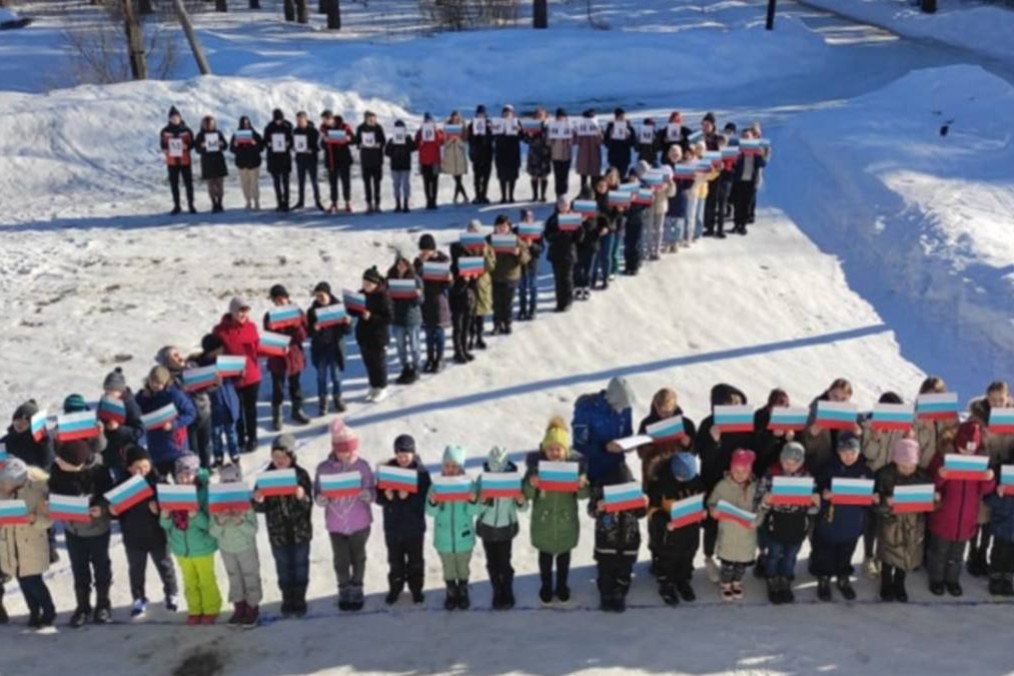
Even in 2024, the phrase "Putin's war" still dominates headlines, shaping the narrative around Russia's ongoing invasion of Ukraine. But what role does the Russian society play in it?
Major media outlets, along with political leaders, often frame Russia’s full-scale invasion of Ukraine as a personal crusade of Vladimir Putin. Yet, as Ukraine endures a third year of brutal conquest, marked by Russians killing, raping, and torturing their neighbors, the Ukrainian people vehemently reject this narrative. It's not just Putin waging this war; it's Russia.
Russia’s full-scale invasion of Ukraine
When Russia launched its full-scale invasion of Ukraine on February 24, 2022, many Ukrainians desperately turned to their Russian contacts, hoping for widespread outrage. Initial protests in Russian cities offered a glimmer of hope, but the anticipated groundswell never came. Despite a population of over 140 million, only a few thousand Russians took to the streets and were immediately met by Russian authorities. The largest gathering reached just around 2000 people in Moscow and dwindled rapidly as police detained protestors.
The hope for widespread Russian resistance faded. A week into the full-scale invasion, a poll revealed that a mere 23% opposed the war. Whilst some noted that support was higher for other invasions, for many Ukrainians the fact that 77% of respondents either supported the war or didn't want to answer was disheartening. The belief in Russian propaganda, apathy and the fear of persecution outweighed the desire for freedom or an end to the bloodshed. The Kremlin swiftly enacted new laws, criminalizing the spread of "fake news" about the military and "discrediting" the armed forces. Since then, different polls showed consistently stable support for the war amongst Russian respondents, ranging from 60% to 70-75%.
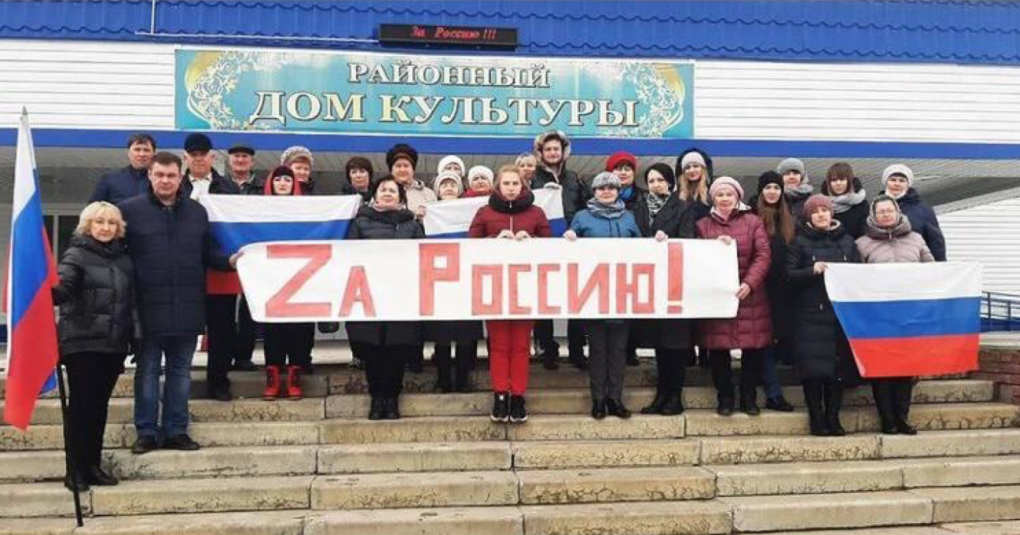
Decade after decade, Russia has brought war to its neighbors and beyond, doing so without significant pushback from its own people, whether under Putin or not. For every dissenting voice, there has been a louder one cheering on Moscow's aggression, backed by a sea of indifference. The dissolution of the Soviet Union did not deter Russia from its warmongering ways; the Kremlin's track record includes the occupation of a part of Moldova, the two Chechen wars, the invasion of Georgia, and involvement in the Syrian war, supporting dictator Bashar al-Assad. Each conflict has brought immense human suffering, yet Russians rarely opposed them.
Ukrainian efforts to break through the silence
At first, Ukrainians still believed the Russian public could be swayed. They hoped that exposing the war’s reality—the needless deaths of Russian soldiers—would open the eyes of the many and generate public pressure to change course.
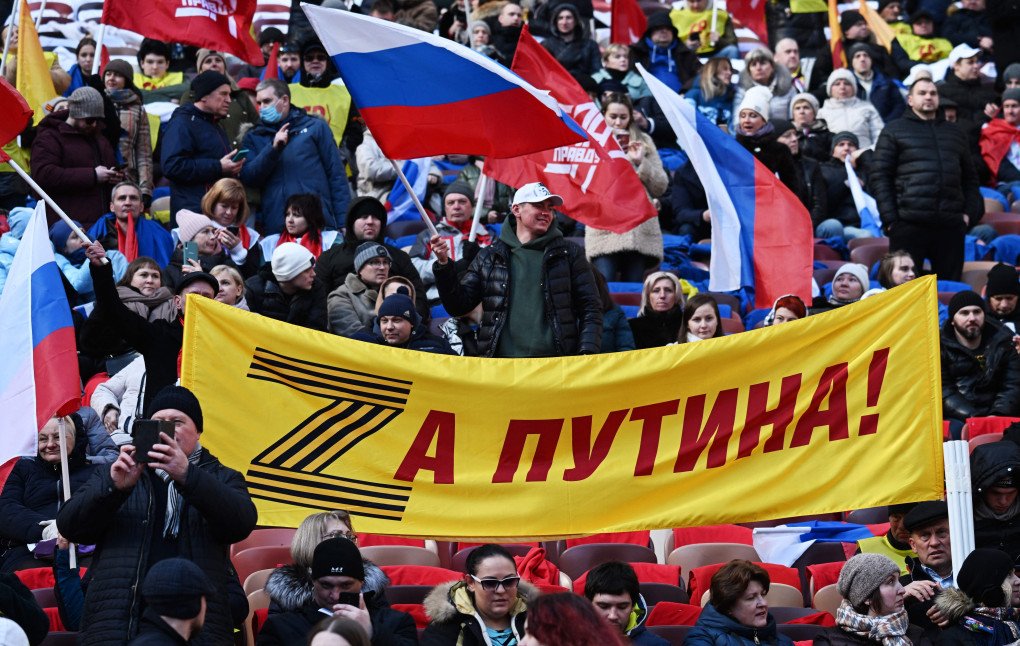
“Thousands of tech specialists, designers, marketers, and copywriters from top Ukrainian companies organized across their professional communities and started working together to break Russian propaganda and tell ordinary Russians the truth about the war,” writes Stas Olenchenko, a Ukrainian writer and strategist.
“I was among them.”
Ukrainian digital professionals launched a multi-pronged informational campaign, creating websites that exposed the war's reality, placing targeted ads on Russian social media, and purchasing online advertising to reach a broad swath of the Russian populace before Russian censors could shut them down. These efforts were meticulously tracked, with click-through rates, views, and comments monitored to refine the messaging and maximize impact.
The campaign was not solely a professional endeavor. Ordinary Ukrainians joined in, leaving truthful accounts of the war in Russian Google Maps reviews and participating in efforts to disrupt Russian state websites. This collective action became a powerful expression of “all-Ukrainian resistance.”
The campaign reached its audience—tens of millions of Russians saw the Ukrainians' messages. Yet, the response was a deafening silence. Apart from a few scattered protests, the Russian public remained largely unresponsive.
“This was the moment of disillusionment for many Ukrainians—the moment when we realized that ordinary Russians were not some hostages of the regime, not bystanders of the war,” says Stas.
“They were responsible for the war, for allowing it.”
Blind patriotism: Russia's silent enabler
Apathy, silence, and willful ignorance seem to be enough for Russia’s war in Ukraine to persist. State-controlled media provides a convenient escape. Why bother listening to Ukrainian relatives when Russian state TV spins a comforting narrative? One of a savior, albeit murderous, battling against supposed “neo-Nazis” rather than neighbors defending their homes.
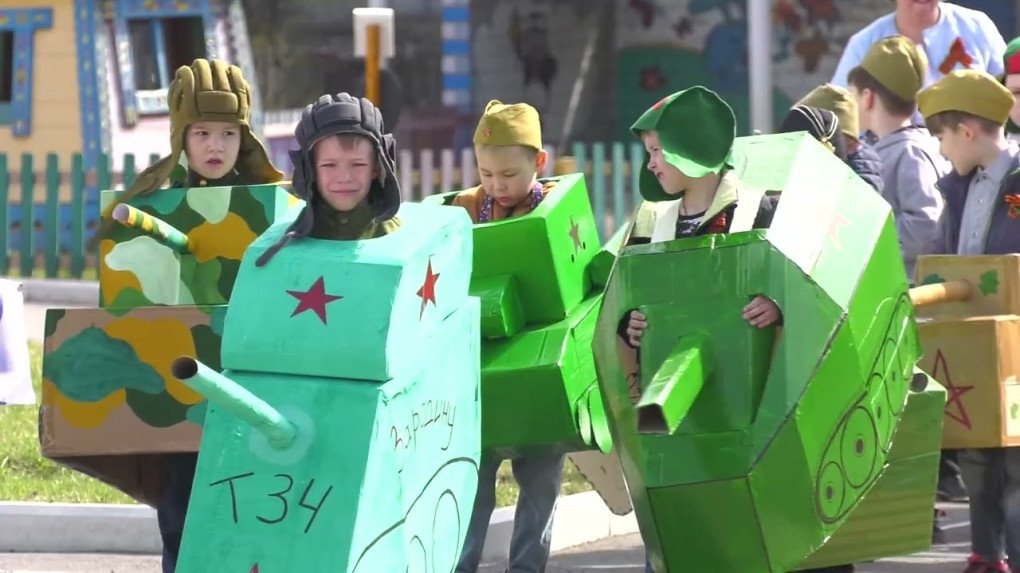
Or a narrative that twists the invasion into a grand showdown between the West and Russia, where the “special military operation” reaffirms Russia's “great-power” status, fueling nationalistic pride. “The world is always against Russia,” they claim, embracing a palatable lie since the truth happened to be so uncomfortable.
"If I watched different channels, I would probably have a different opinion, but I don't watch them," confessed one Russian woman, writes The New Yorker, adding “It’s not that she doesn’t know alternative information is out there, but that she doesn’t want it, lest her vision of the world come under threat.”
As American historian Timothy Snyder eloquently states in his book The Road to Unfreedom: Russia, Europe, America, “In the end, though, freedom depends upon citizens who are able to make a distinction between what is true and what they want to hear. Authoritarianism arrives not because people say that they want it, but because they lose the ability to distinguish between facts and desires.”
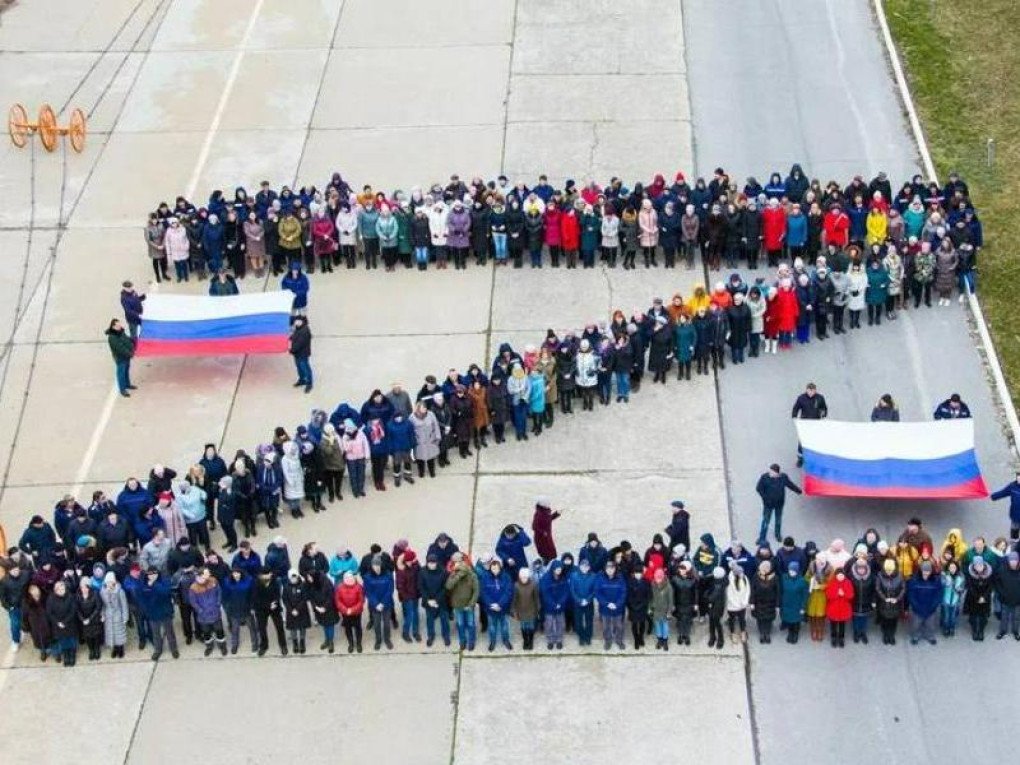
This blind patriotism is not new. Historically, Russians have tolerated, even revered, ruthless leaders. Research spanning over two decades reveals a pattern: Russians consistently express a greater willingness to sacrifice for their country's military goals, accept conflict with other nations, and support their country "right or wrong," setting them apart from most other nations, writes the Washington Post.
“Even Russia’s younger generations are distinctive relative to youths in other countries. Russians born after 1976 expressed the highest degree of support for the statement ‘People should support their country even if it is in the wrong,’ in surveys conducted in both 2003 and 2013. In the same years, their endorsement for the statement that ‘[My country] should follow its own interests, even if this leads to conflict with other nations’ came out, respectively, on top or in second place, compared with respondents in other countries.”
The illusion of Russian peace
So, what do Russians think about the war now, in 2024, after years marred by sanctions, mass conscription, and the suppression of dissent? Similar to other Russian polls, the Levada Center consistently reports that most Russians support the war, with over 80% approving of Putin's actions in April 2024. Interestingly, when asked if they would support ending the war immediately, a significant majority (70%) said yes. Does this indicate a widespread desire for peace?
If the war were to end with Russia returning occupied territories, only 34% would be in favor, while 38% would strongly oppose it.
“One-fifth of the population has been strongly in favor of peace negotiations the whole time,” states Carnegie Russia Eurasia Center in an article co-authored by Levada Center director Denis Volkov.
“However, at least half of those who would like to see a ceasefire are unwilling to make any concessions to the Ukrainians.”
“Support among ordinary Russians for peace talks tends to rise only when the army experiences battlefield reverses in Ukraine,” writes Bloomberg.
“Even when they back negotiations, many insist on retaining territories that Russian troops now occupy in Ukraine and that Putin has declared ‘forever’ part of Russia.”
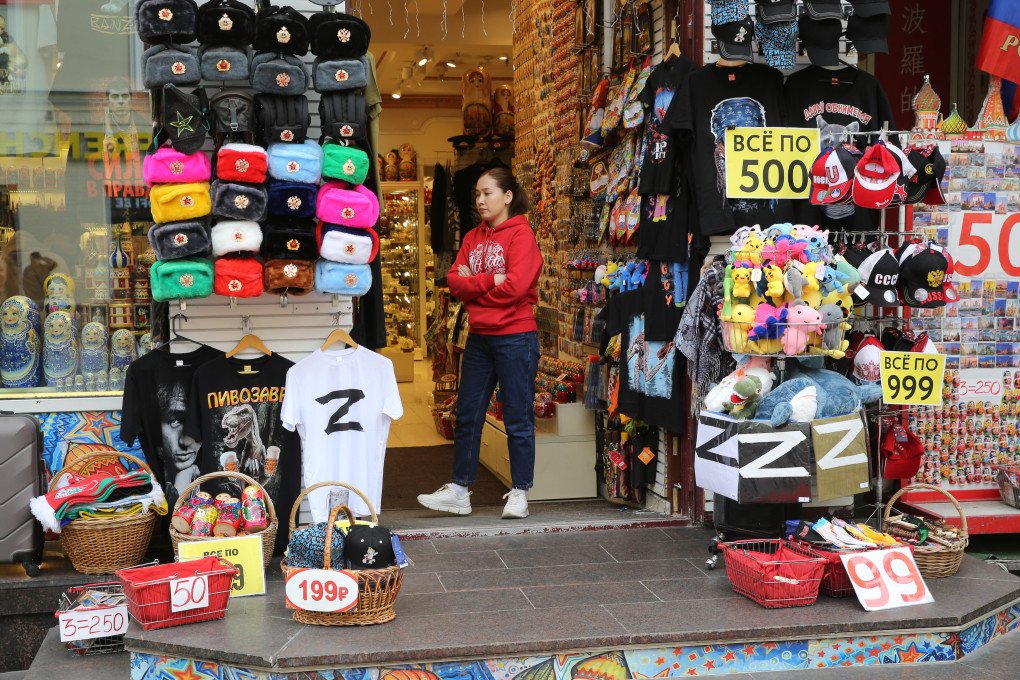
This desire for a ceasefire with the continued occupation of the lands reveals a self-serving "peace" that favors Russia and stems largely from its failure to secure a quick victory in its "special operation." Such “peace” allows the aggressor to evade accountability for the devastation it has caused and provides time to regroup and prepare for future aggression. This is a familiar pattern, seen before in Chechnya and now replicated in Ukraine.
Meanwhile, the population segment that actively supports the war effort despite the losses remains steadfast. Russians continue to raise funds to provide frontline troops with drones, bulletproof vests, and medicine.
A Russian soldier, Platon Mamatov, notes an increase in donations, suggesting a growing recognition that this is "our common war." People in his native Ekaterinburg often approach him to offer help and support when they see him in uniform. While not everyone supports the invasion, there’s been a “consolidation of society” behind the army, he said.
The war in Ukraine is not simply "Putin's war" but a reflection of deeply ingrained Russian nationalism, imperialism, and authoritarianism. After ten years of war, with over two being full-scale one, and a lack of significant Russian condemnation, it's hard to deny public support for the invasion. Russia as a whole, not just Putin, bears responsibility for the ongoing aggression and atrocities in Ukraine.

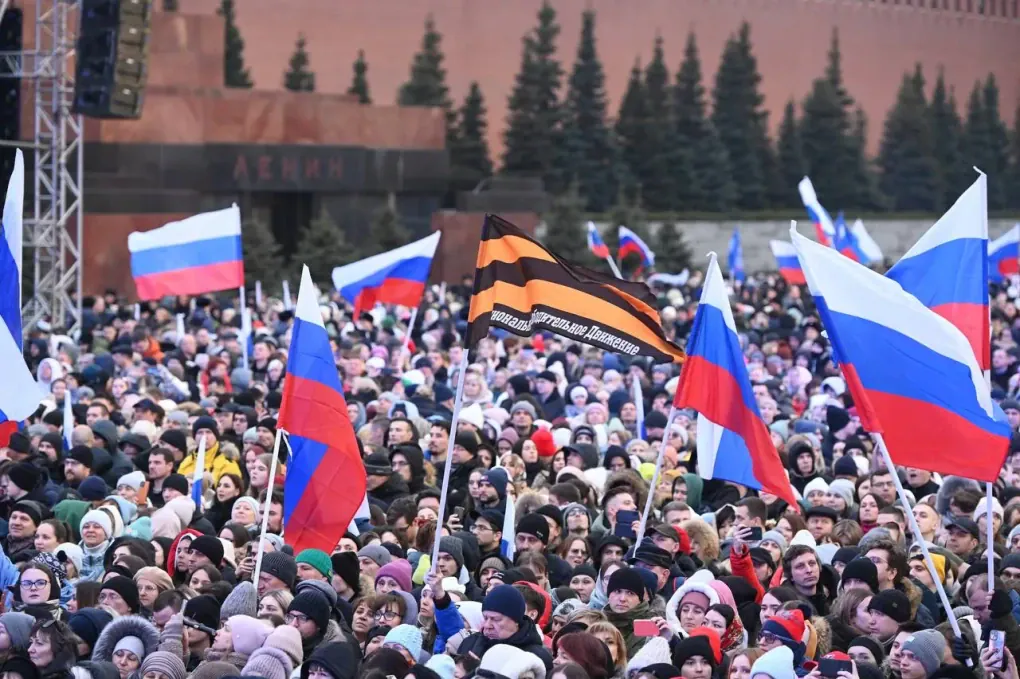
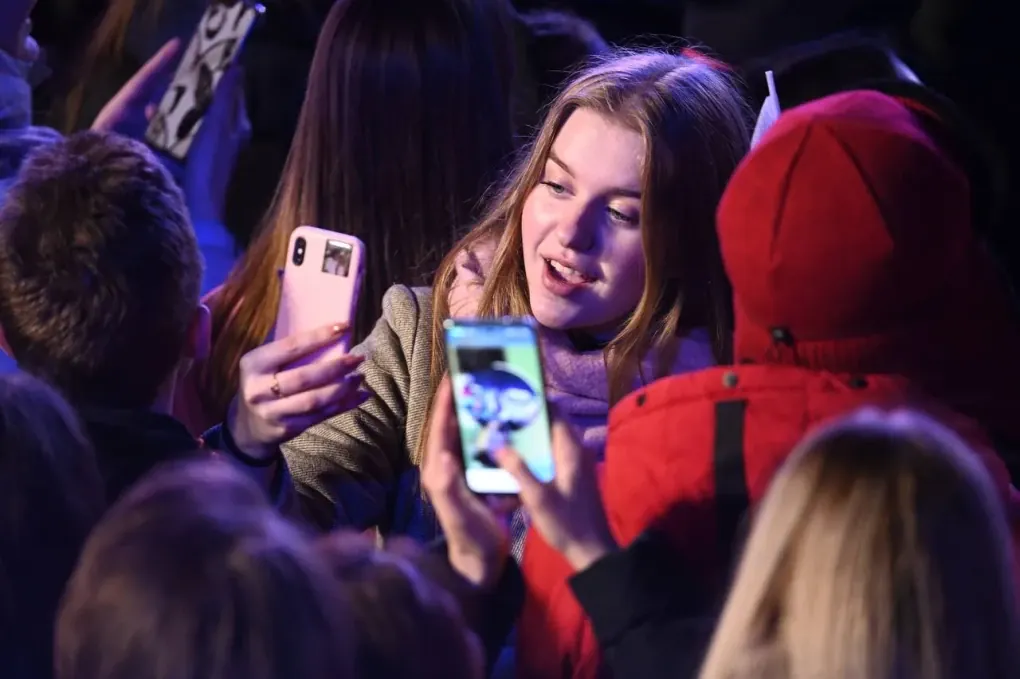
-35249c104385ca158fb62273fbd31476.jpg)


-554f0711f15a880af68b2550a739eee4.jpg)



-206008aed5f329e86c52788e3e423f23.jpg)